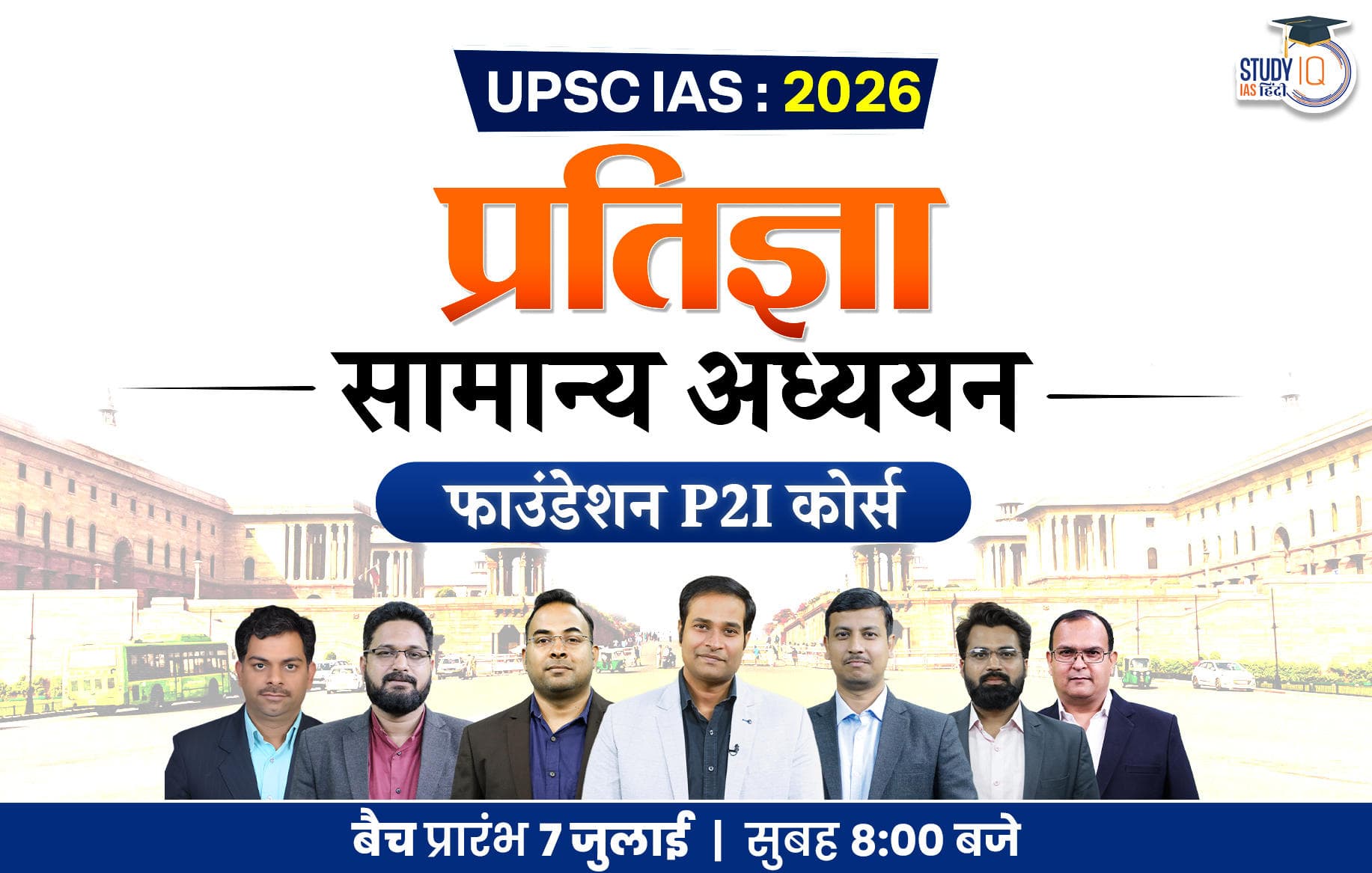Table of Contents
What is a Care Economy?
According to the ILO, the Care economy consists of activities and relations involved in meeting the physical, psychological and emotional needs of the elderly, children, and those with disabilities or special needs. It includes both paid and unpaid work.
India indeed needs to develop a comprehensive care ecosystem to address the diverse needs of its population. A care ecosystem includes a range of services and support systems designed to provide care for various segments of the population, such as children, the elderly, people with disabilities, and those with chronic illnesses.
Introduction
- Women’s active participation in the economy is crucial for reducing gender inequality.
- A key reason for women’s low economic participation is the disproportionately high burden of care that they shoulder within the family.
- According to the Economic Survey 2023-24 Female Labour force Participation Rate (FLFPR) in India was 37% (2022-23) against a world average of 47.8% (2022)
- 5% of this share comprises unpaid helpers in household enterprises, i.e.women who are not paid for the work they do, which is separate from domestic work.
Reasons Behind Low Women Participation in Labour Force
- Disproportionate burden of Caregiving:
- Women bear a high burden of caregiving, including childcare and care for elderly, sick, and disabled family members.
- Women aged from 15-64 spend three times more on unpaid domestic work than men, limiting their economic participation.
- In India, women spend 352 minutes per day on unpaid care work, compared to 51 minutes for men.
- Gender discrimination:
- Employment Gaps: Women are mostly employed in low-wage, insecure jobs and are underrepresented in senior positions. This limits their career growth and access to economic assets like loans.
- Income Disparity: The global gender pay gap stands at around 20%, with women earning significantly less than men for the same work.
- Financial Exclusion: Women-owned businesses receive only about 7% of venture capital funding globally, restricting their ability to scale.
- Patriarchal attitudes:
- Mobility and Education: Deep-rooted patriarchal norms restrict women’s access to education and their ability to work outside the home.
- According to the World Bank, in 2023, 32.7% of women in India were part of the labour force, compared to 76.8% of men.
- Early Marriage: High rates of early marriage in some regions limit women’s opportunities for education and career development. This makes them economically dependent.
- Mobility and Education: Deep-rooted patriarchal norms restrict women’s access to education and their ability to work outside the home.
Way Forward
- Offloading Responsibilities:
- To boost women’s workforce participation, attention needs to be directed towards improving childcare services.
- A broader network of creches is essential in rural, tribal, and urban areas to facilitate women’s participation in the workforce.
- g. The Ministry of Women and Child Development is developing a childcare policy, testing community-based creche models in collaboration with government and non-government bodies.
- Creating a Care Ecosystem
- Developing a care ecosystem is necessary to reduce women’s household responsibilities.
- Proper training should be provided to care workers so that they can earn respectful and fair wages.
- The ecosystem should also ensure that care workers are respected and valued for their contributions.
- Education and training
- Providing better quality education and training programs with continuous efforts to improve women’s skills can help them engage with evolving job markets.
- Legal measures
- Implement and enforce policies for gender equality, including equal pay and measures to reduce domestic work burdens.
Conclusion
- Building a strong care system is crucial for getting more women into the workforce and reducing gender inequality.
- A committee comprising the Ministries of Women and Child Development, Health and Family Welfare, Labour and Employment, Social Justice and Empowerment, and Skill Development and Entrepreneurship could be ideal to initiate the process.


 Elon Musk’s America Party: A New Chapt...
Elon Musk’s America Party: A New Chapt...
 Bihar Assembly Election 2025: Complete G...
Bihar Assembly Election 2025: Complete G...
 17th BRICS Summit 2025: India’s Leader...
17th BRICS Summit 2025: India’s Leader...





















